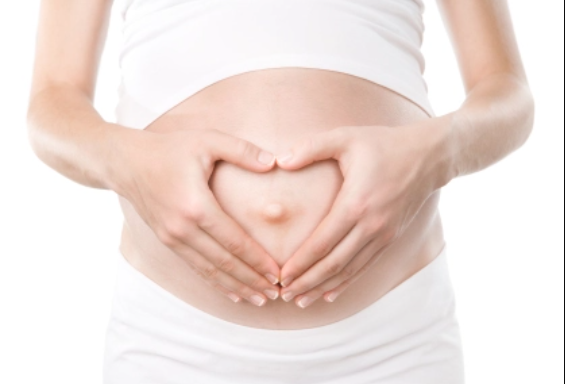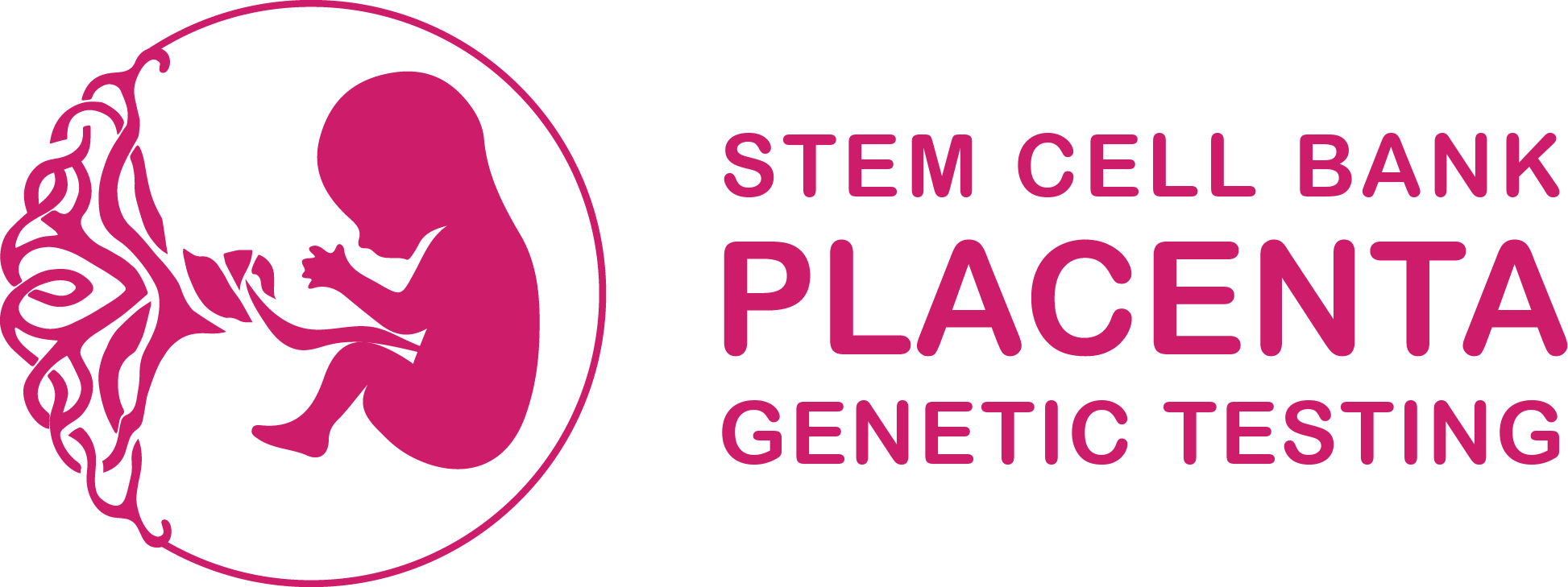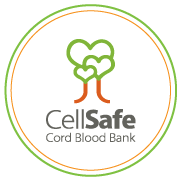FamiBlog
Loss of appetite during pregnancy
Unusual cravings during pregnancy are addressed by most expectant mothers. A smaller group are pregnant women who struggle with loss of appetite during these nine months. However, this does not mean that the problem does not exist. Moreover, it can have negative consequences for the course of pregnancy. Find out what remedies for lack of appetite in pregnancy help.

07 August 2019
Loss of appetite during pregnancy - Causes
Loss of appetite is most often reported by women in early pregnancy. During the first trimester, numerous changes take place in the woman's body, which create favorable conditions for the development of the fetus. However, both hormonal and anatomical changes sometimes lead to bothersome symptoms characteristic of early pregnancy. One of the most common complaints is nausea and vomiting. At the same time, expectant mothers complain of loss of appetite during the first weeks of pregnancy. A high beta-HCG concentration in the expectant mother's body is responsible for the nausea and lack of desire to eat. In the later stages of pregnancy, the reason for the lack of appetite may be the stress of the upcoming birth. For this reason, one should never underestimate it and also pay attention to one's needs and consult a specialist in case of mood swings or lack of drive.
Ways to cope with loss of appetite in pregnancy
Many pregnant women look for home remedies for nausea during pregnancy. Among the recommended methods are drinking tea with ginger or eating crackers. However, these methods are not suitable for every expectant mother, so it is best to find your own way. When nausea subsides, appetite usually returns as well. However, if the nausea and vomiting are so severe that they make daily life difficult and even interfere with regular eating, the gynecologist may prescribe medications to relieve the discomfort. However, these should not be taken alone.
In case of loss of appetite at the end of pregnancy due to excessive stress, relaxation methods and yoga are recommended. These exercises have a relaxing effect on breathing, are calming and thus reduce the so-called "abdominal pressure". Therefore, in order for pregnancy to develop properly, it is necessary to pay attention to a balanced diet that contains all the necessary ingredients and avoid processed foods.
Loss of appetite during pregnancy - risks
The calorie requirement depends primarily on the BMI before pregnancy. Underweight women should consume about 40 kcal/kg and overweight women about 19 kcal/kg body weight. Lack of appetite during pregnancy and thus lower caloric intake can lead to underweight. Like obesity, this has a negative effect on both the mother and the developing fetus. There may be a deficiency of nutrients necessary for the baby's proper development. The most serious are folic acid and iron deficiencies. These can lead to anemia in the pregnant woman and the occurrence of developmental disorders, which mainly affect the child's central nervous system. Miscarriages or the birth of an underweight baby are also more common with underweight. In addition to being underweight, morning sickness and vomiting can also lead to dehydration requiring hospitalization and intravenous treatment.
Sie interessieren sich auch für:
Intimate infections during pregnancy
Many expectant mothers struggle with the annoying symptoms of intimate infections during...
Sore throat during pregnancy
A sore throat is a relatively common condition that also affects pregnant women. However, not all...
Eating raw meat during pregnancy
During pregnancy, the expectant mother has many desires. But not all of them can be freely...
Stem cells and cord blood
Bone marrow was the primary source of stem cells (bone marrow transplantation involves...































